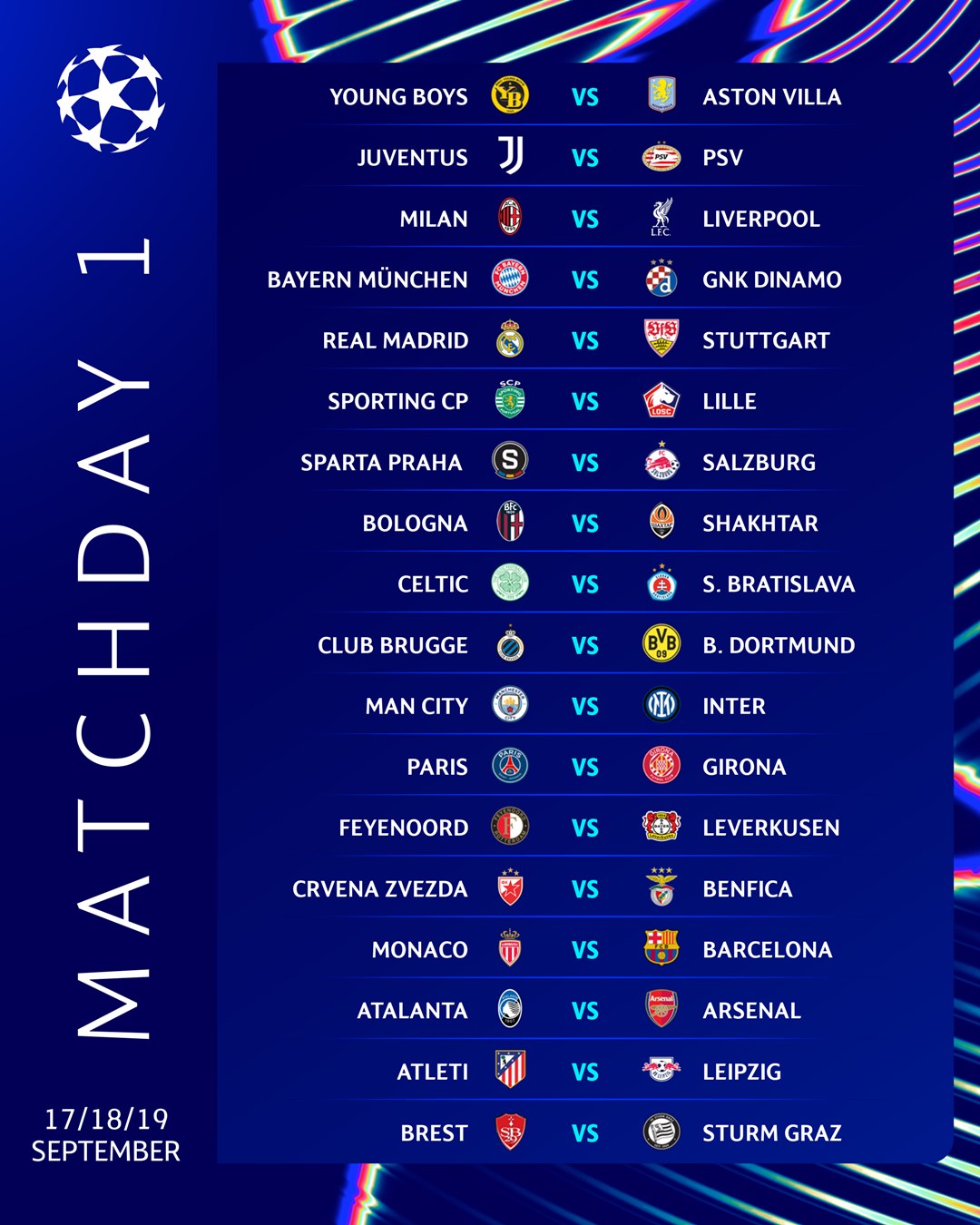Alisson Becker Criticizes UEFA’s New Champions League Format Citing Player Fatigue and Fixture Congestion
Liverpool’s star goalkeeper Alisson Becker has raised concerns over UEFA’s new Champions League format, arguing that the increased number of matches poses a significant threat to player welfare. As football clubs prepare to take on a more packed schedule in the revamped 2024/25 tournament, Alisson’s statements highlight the need for a balanced discussion between players, governing bodies, and broadcasters.
With the season now including a league phase, followed by additional playoff rounds for teams that fail to secure a top-eight spot, the number of games to reach the knockout stages has risen significantly. For many players like Alisson, the crammed schedule is unsustainable and puts excessive pressure on athletes who are already stretched thin.
The New Champions League Format: What Has Changed?
The 2024/25 Champions League season introduces a new structure designed to add more excitement for fans and broadcasters. Instead of the traditional group stage, UEFA has implemented a ‘league phase’ where 36 teams compete against eight randomly assigned opponents. This phase replaces the usual six-match group stage, requiring some teams to play up to 10 games just to reach the last 16.
The new format also features a playoff round for teams that finish between 9th and 24th in the standings, adding even more fixtures to the calendar. While this format promises thrilling matchups earlier in the competition, players like Alisson believe it is contributing to an already overloaded schedule.

Alisson Becker’s Concerns Over Fixture Congestion
Alisson did not mince words when discussing the impact of the new format on players. In a pre-match press conference ahead of Liverpool’s opening game against AC Milan, the Brazilian goalkeeper expressed frustration with the increasing number of games and the lack of consideration for player welfare.
“For the supporters, it is amazing,” Alisson said sarcastically, “More games, more big teams playing against each other. But for us players, it just adds more pressure and strain on our bodies.”
Alisson further elaborated on the physical and mental toll that playing a high volume of games takes on athletes. “Sometimes nobody asks the players what they think about adding more games. Everybody is tired of that,” he added.
Player Welfare vs. Broadcaster Demands
Alisson’s remarks shine a spotlight on a growing issue in modern football: the clash between player welfare and the demands of broadcasters and sponsors. The new Champions League format was undoubtedly created with entertainment in mind, as it offers more high-profile clashes and longer knockout stages, which are appealing to TV networks and fans alike.
However, for players, this increase in games comes at a steep price. The physical demands of competing in multiple competitions—domestic leagues, cup tournaments, international fixtures, and now a more congested European schedule—have led to concerns over burnout, injuries, and diminished performance.

Alisson called for all parties involved to come together to discuss a solution: “It is a matter of sitting down all together and listening to all the parts because we understand there’s the media, UEFA, FIFA, the Premier League, and domestic competitions. But the players need to be included in these discussions as well.”
Impact of Fixture Congestion on Player Performance
As fixture congestion increases, the effects on player performance and well-being have become more pronounced. Injuries have been a major issue for teams playing an extensive schedule, and fatigue is starting to creep into even the fittest squads. Alisson himself has experienced the grueling nature of playing multiple high-stakes games across different competitions, and he believes that, over time, this will lead to a drop in performance levels across the board.

In addition to physical exhaustion, mental fatigue is also a significant factor that many athletes face. Playing game after game without sufficient recovery time affects not only performance on the field but also overall well-being off it. As players feel the pressure to meet the high demands of top-flight football, the risk of burnout increases, which could have long-term effects on their careers.
Possible Solutions to the Fixture Congestion Issue
Alisson’s call for action points toward a necessary discussion between players, governing bodies, and broadcasters. While football is a business and entertainment spectacle, the well-being of players must be prioritized to maintain the integrity of the game.
There are several potential solutions that could alleviate the pressure on players while still providing engaging football for fans and broadcasters:
- Rotation and Squad Depth: Managers could be encouraged to rotate their squads more frequently to avoid overworking key players. However, this depends on the resources available to clubs, as not all teams can afford deep squads full of high-quality players.
- Limiting the Number of Competitions: One possible solution would be to reduce the number of competitions in which top clubs are required to participate. Domestic leagues, cup competitions, and European tournaments all demand players’ time and energy, and a reduction in participation could alleviate fixture congestion.
- Player-Driven Discussions: Alisson’s idea of players being included in discussions about the football calendar is crucial. Athletes need to have their voices heard when decisions are made about the number of games they are required to play, especially when their health is at stake.
Alisson’s Stand for Players’ Rights
By speaking out about the new Champions League format, Alisson has placed himself at the forefront of a growing conversation about player welfare in modern football. His comments highlight the need for more balance in the scheduling of matches, with a focus on the well-being of the athletes who make the game so entertaining.
In conclusion, while the new Champions League format offers more excitement for fans and broadcasters, it also adds significant strain on players. As Alisson suggested, all parties must come together to find a solution that benefits the sport while ensuring that player welfare is not overlooked. Whether this means reducing fixtures, improving player rotation, or rethinking competition formats, something must change to maintain the quality and sustainability of football at the highest level.


